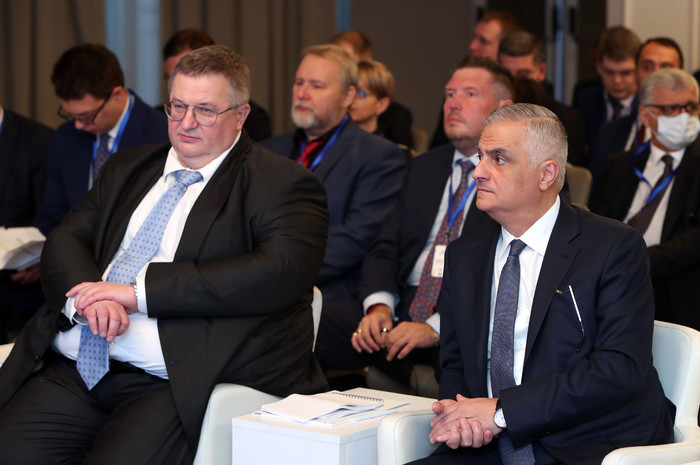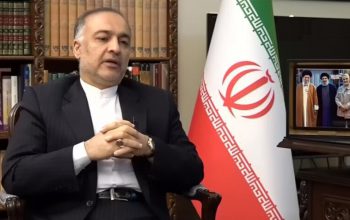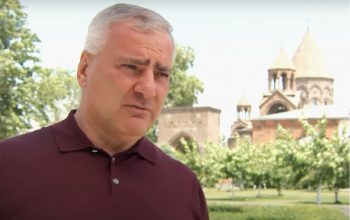Russia signaled possible economic retaliation against Armenia on Friday, warning that Yerevan’s growing alignment with the European Union could violate trade agreements and prompt countermeasures from Moscow.
Russian Deputy Prime Minister Alexei Overchuk criticized the Armenian government’s recent adoption of EU food certification standards, arguing that they conflict with the regulations of the Russian-led Eurasian Economic Union (EEU), of which Armenia remains a member. Overchuk said he intends to formally notify Armenian Deputy Prime Minister Mher Grigoryan of the breach.
“These actions contradict the norms of the EEU,” Overchuk told reporters, as quoted by TASS. “Accordingly, we will consider the application of appropriate measures.”
He did not specify what those measures might be but noted that they would be carried out through the EEU’s executive body, the Eurasian Economic Commission.
The warning follows a string of increasingly direct statements from Moscow, as Armenia accelerates its “Europeanization” drive under Prime Minister Nikol Pashinyan. Earlier this year, the Armenian parliament passed legislation formally declaring the start of a process to pursue eventual EU accession—a move viewed in Russia as a geopolitical provocation.
While Armenian officials maintain that the bill does not constitute a formal EU membership application, Pashinyan recently admitted that Armenia will eventually face a binary choice between remaining in the EEU or fully integrating with the EU.
Moscow has made clear that the costs of such a decision could be steep. Russian officials have warned that Armenia risks losing its privileged tariff-free access to the Russian market and may face higher prices for essential imports like gas and food—supplies Armenia remains heavily dependent on.
Despite Yerevan’s assurances that it has no immediate plans to exit the EEU, Overchuk’s comments underscore Russia’s growing frustration with Armenia’s westward pivot. The economic stakes are high: Russia accounted for over 41% of Armenia’s foreign trade in 2024, compared to just 7.7% with the EU.
As Armenia attempts to recalibrate its foreign policy, it now finds itself caught between two poles—an assertive Russia seeking to preserve its regional sphere of influence and a European Union offering political and economic integration at the cost of deeper geopolitical realignment.Ask ChatGPT




